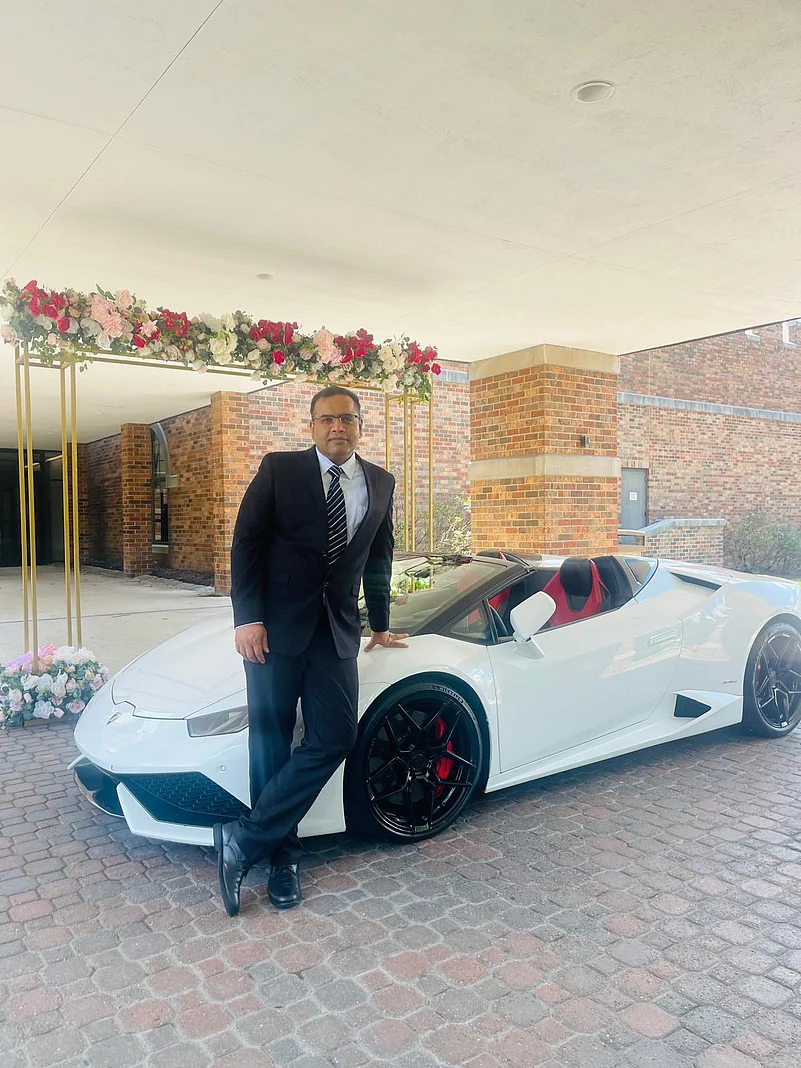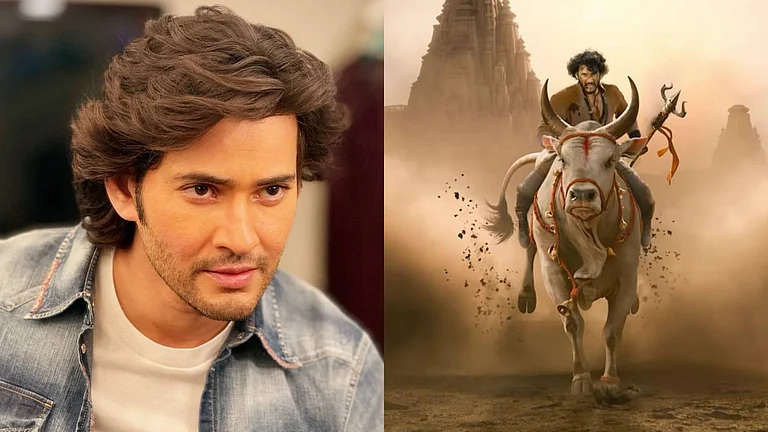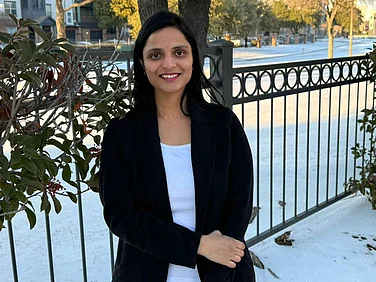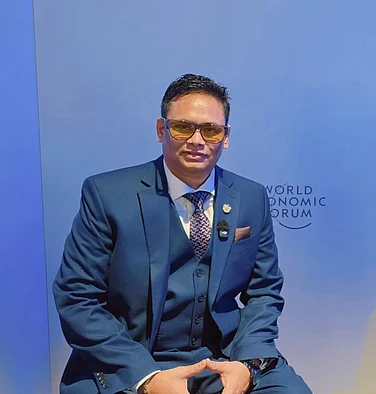In today’s fast-paced tech world, Sumit Dahiya stands out as a leader in system architecture, cybersecurity, and digital transformation. With over 18 years of experience, Sumit has led key projects, such as building a microservices-based Identity and Access Management (IAM) framework, a cutting-edge system that has greatly improved security and efficiency across the organizations he has worked with.
Sumit’s expertise has not only been recognized through his work but also by prestigious awards and memberships.
We sat down with Sumit to talk about his views on the future of cybersecurity, the impact of artificial intelligence (AI), and how businesses can successfully navigate digital transformation.
Q: Cybersecurity is becoming a bigger concern every day. What do you think is the biggest challenge for companies now?
Sumit Dahiya: The biggest challenge is finding the right balance between innovation and security. As businesses adopt cloud technology, AI, and machine learning, they open up new opportunities for growth but also new security risks. It’s important for companies to think about security from the start, not just after problems arise. When I worked on the IAM framework, we made sure security was a priority from day one. The key is to be proactive rather than reactive when it comes to cybersecurity.
Q: How do you see AI playing a role in cybersecurity?
Sumit Dahiya: AI is changing the way we protect our systems. We’ve already started using AI-driven tools that monitor network traffic in real time, catching issues that humans might miss. Machine learning models can predict possible attacks by analyzing data patterns, which allows us to stop threats before they happen. But we need to remember that AI is a tool—human oversight is still important to make sure AI systems work correctly and don’t become vulnerable to attacks themselves.
Q: You’ve led several digital transformation projects. What advice would you give to companies starting their own transformation?
Sumit Dahiya: Digital transformation is not just about technology, it’s about people. Companies often focus on the tools but forget about the need to change company culture. It’s essential to get everyone on board and make sure they understand why the change is happening. One project I worked on was all about bringing teams together through new technology. By making sure the tools worked for everyone and encouraging collaboration, we were able to make the transformation smooth and successful.
Q: What’s the biggest accomplishment in your career so far?
Sumit Dahiya: My biggest accomplishment is developing the Identity and Access Management (IAM) framework. It was one of the first systems of its kind that I helped create, and it made a huge impact on how companies secure their data and manage access. It’s still being used as a core part of many organizations’ security systems today, which makes me proud of the long-term value it has provided.
Q: What do you think the future of technology and security looks like?
Sumit Dahiya: The future is going to focus more on data privacy and making sure companies follow the rules around how data is used. With more companies relying on AI and big data, transparency will be key. I also think quantum computing will present both challenges and opportunities. It’s going to change the way we think about encryption, so we need to start preparing now by looking into new types of encryption, like post-quantum cryptography. Going forward, companies will need to build resilient systems that can adapt to both new technology and new threats.
Q: What’s next for you?
Sumit Dahiya: I’m excited to keep pushing the limits of innovation. I’m also very passionate about mentoring young professionals, which is why I enjoy participating as a judge in events like VtHacks. It’s always inspiring to see young developers come up with fresh ideas. For me, it’s all about continuous learning and helping create secure, scalable systems that make a real difference.
Conclusion
Sumit Dahiya’s vision is clear: innovation and security must go hand in hand. As businesses continue to embrace new technologies, Sumit is at the forefront of ensuring that security remains a top priority. His work, and his dedication to fostering the next generation of tech leaders, reflects his strong commitment to building a secure, innovative future in technology.


























